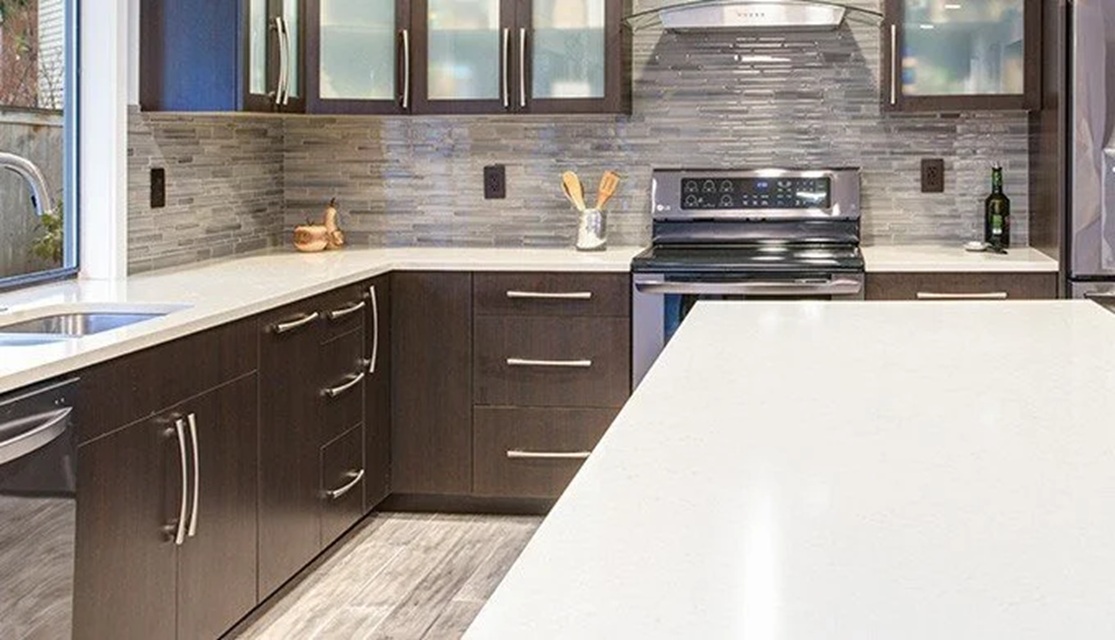Movement in water challenges the body in ways everyday activities do not. Resistance comes from every direction, requiring constant adjustment and awareness. That is why Alexandria Kingstowne swimming lessons are often recognized not only for safety and fitness, but also for how effectively they improve coordination and balance over time.
Strengthening Core Muscles Used For Steady Body Control
Water immediately engages the core. Even basic floating or gliding requires abdominal and lower back muscles to stabilize the body. During swimming lessons, instructors emphasize body alignment, which naturally activates deep core muscles responsible for balance and posture.
As lessons progress, swimmers learn to maintain control while moving forward, turning, or stopping. This sustained engagement builds strength that transfers outside the pool. Many adults and children notice improved balance during daily tasks because their core muscles are trained continuously during swimming lessons Alexandria Kingstowne VA.
Teaching Rhythm Between Arms & Legs In Motion
Coordination depends heavily on rhythm. Swimming introduces structured patterns where arms and legs move in timed sequences. Early lessons focus on separating these movements before blending them together, helping swimmers understand timing rather than rushing through strokes.
Over time, this rhythm becomes automatic. Repetition trains the brain to synchronize multiple body parts at once. Swimming classes near me often emphasize slow, controlled patterns that sharpen coordination without overwhelming the swimmer.
Encouraging Spatial Awareness In Water Flow
Water provides immediate feedback. Swimmers feel resistance when movements are inefficient and smoothness when technique improves. This sensation builds spatial awareness as swimmers learn how their body occupies space and moves through it.
Spatial awareness developed in swimming supports balance on land as well. Swimmers become more aware of body positioning, distance, and movement direction. Alexandria Kingstowne swimming lessons help reinforce this awareness by teaching controlled transitions and directional changes in the water.
Building Balance Through Buoyant Resistance Practice
Buoyancy creates a unique balance challenge. The body is supported, yet constantly shifting due to water movement. Maintaining stability requires subtle adjustments from the hips, shoulders, and core. Swimming lessons use buoyant tools and exercises to strengthen balance responses. Floating drills, treading water, and slow propulsion teach swimmers how to stay upright without rigid tension. These skills improve balance by training the body to react calmly to instability.
Refining Timing Of Breath With Stroke Mechanics
Breathing adds another layer of coordination. In swimming, breath must align with stroke timing and body rotation. Improper breathing disrupts balance and rhythm, making swimmers feel unsteady.
Lessons focus on controlled breathing patterns that support movement rather than interrupt it. Learning when to inhale and exhale improves overall coordination. Swimming lessons near me often highlight that steady breathing helps maintain balance, especially during longer swims.
Improving Limb Coordination With Repetitive Patterns
Repetition builds neurological pathways. Swimming relies on repeated arm pulls, kicks, and body rotations that train the brain to coordinate limbs efficiently. Over time, movements require less conscious effort. This repetition benefits swimmers of all ages. Children improve motor planning, while adults regain coordination that may have declined due to inactivity. Alexandria Kingstowne swimming lessons use structured repetition to reinforce smooth, balanced motion.
Training Reflexes For Changing Water Currents
Water rarely stays still. Waves, splashes, and movement from other swimmers create unpredictable currents. Reacting to these changes trains reflexes that support balance and coordination.
Swimming lessons incorporate exercises that require quick adjustments, such as changing direction or stabilizing after a push-off. These reflex-based responses strengthen balance systems that also help prevent falls outside the pool.
Enhancing Posture Through Upright Kick Drills
Upright drills demand strong posture. Kicking while maintaining an upright position forces the body to align properly from head to hips. Poor posture leads to sinking, providing instant feedback.
Over time, posture improves as swimmers learn to engage the correct muscles. Swimming lessons Alexandria Kingstowne VA often include upright drills to reinforce balance, alignment, and vertical control.
Blending Arm Movements With Leg Kicks For Smooth Motion
True coordination appears when arms and legs move together smoothly. Early lessons isolate movements, but advanced practice blends them into efficient strokes. This blending challenges timing, balance, and spatial awareness simultaneously.
Smooth motion reduces wasted energy and improves control. Swimmers who master this integration often feel more stable both in water and on land. Swimming classes near me use progressive instruction to help swimmers reach this level of coordination without frustration.
Safe Splash helps swimmers build coordination and balance through structured swimming lessons that focus on controlled movement, body awareness, and proper technique. Their instruction guides swimmers step by step, teaching how arm movements, kicks, breathing, and posture work together for smooth, stable motion in the water. By practicing these skills in a supportive environment, swimmers develop stronger balance, better coordination, and greater confidence that carries beyond the pool.








